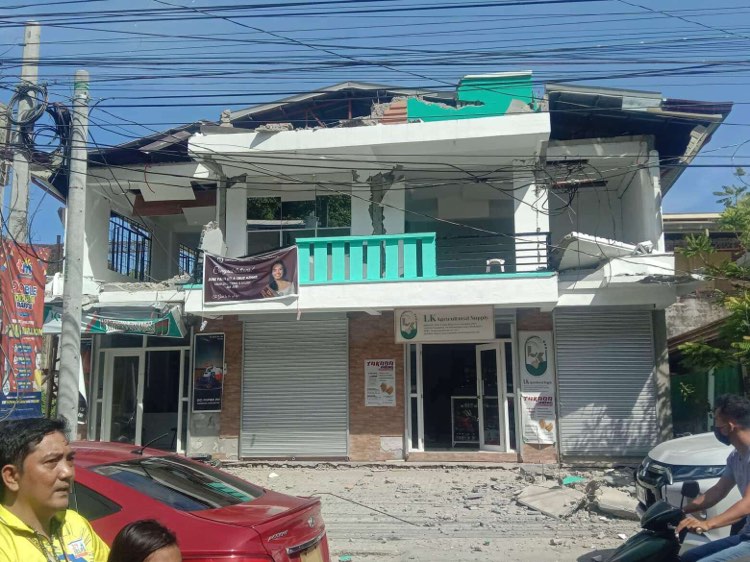A consensus is expected in Congress to create a disaster agency in the wake of the magnitude 7.0 earthquake that rocked Abra province and nearby areas, with no less than President Ferdinand Marcos Jr. conceding that it should be legislated.
Albay 2nd District Representative Joey Salceda vowed to support a proposal that would place a disaster agency under the Office of the President “if the bill is pushed to the finish line.”
Salceda crafted the first version of the Disaster Risk Reduction (DRR) bill in the 17th Congress, which the Lower House has twice approved but failed to get off the Senate.
Senate President Juan Miguel Zubiri, in a recent statement, said senators pressing for the creation of the DRR are willing to support a version downgrading it to an agency under the Office of the President as long as it would address the “unresponsiveness of the current set-up.”
Salceda concurs with Zubiri’s proposal of a scaled-down version of a disaster agency, saying he will endorse it as a compromise with his colleagues in the House “as long as it moves forward to PBBM’s desk.”
He had earlier challenged the Senate to take the bill up and said he was more optimistic under Zubiri’s presidency.
The DRR was also declared a priority legislation by the Duterte administration.
Salceda said a downsized agency from his original proposal will do as long as it retains its key elements, foremost of which is the institutionalization of resilience initiatives.
“It can’t be ad hoc in operationalization, the way the OCD-NDRRMC (Office of Civil Defense-National Disaster Risk Reduction and Management Council) relationship is,” Salceda said in a statement on Monday.
“Another key element is proximity to the President. If it is an office under the President, it will be good. I also suggest that the agency chair be a Presidential Adviser with Cabinet rank so that he or she can work with the rest of the Cabinet.” he added.
Salceda said the critical aspect will be the abolition of the NDRRMC.
“Instead of a council, the management of disasters must be institutional instead of collegial. As long as it is not a council but an agency, I am okay. That is my position,” he stressed.
Another element, Salceda said, would be the ability to mobilize national resources at the most crucial moments.
“The ability to mobilize civil defense units such as the Bureau of Fire Protection, the engineering brigade of the Armed Forces of the Philippines, and other units relevant for disaster response is also critical,” he explained.
“You also need the ability to work closely with the Philippine Institute of Volcanology and Seismology, weather bureau, Mines and Geosciences Bureau, and other disaster research and detection agencies. At least now we are trying to manage the costs, but there is consensus on the principles,” Salceda said.
